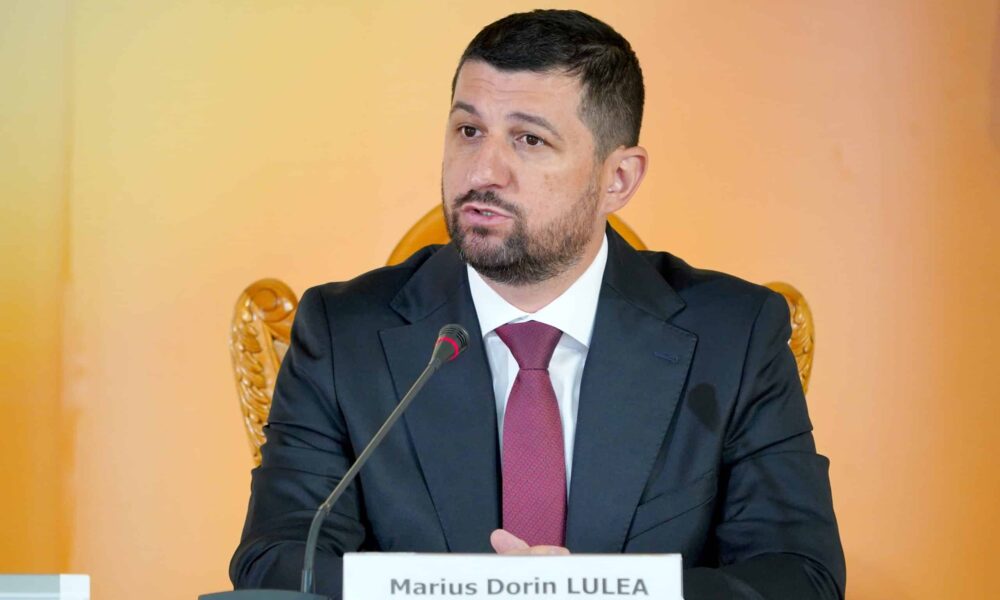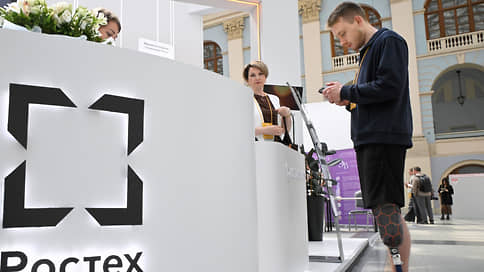“State to confirm what the profession and science have come to
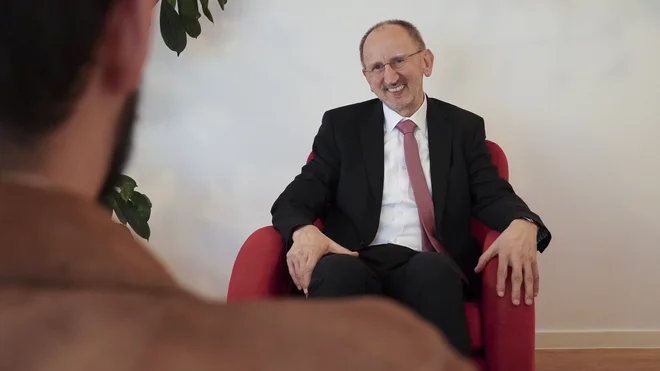
Can we promise that the law will provide better accessibility, quality and security of psychotherapy for everyone? Will the conditions for the work of psychotherapists and the control of the activity better or not? The law certainly raises important questions about standards, professionalism and user protection. In light of this important system movement we are talked to prof. dr. Christiano Gostecnik, Regular professors for legal and family therapy and psychology of religion and pastoral psychology at the Faculty of Theology, University of Ljubljana, clinical psychologists, psychotherapists and founder of relational family therapy.
How did you enter the field of psychotherapy and family therapy as an expert and researcher?
I have always been interested in relationships; How people experience relationships and themselves in them, as well as how they affect the relationships we deduce, influence the environment, family traumas, patterns, etc. So after graduating from theology, I went to America to study clinical psychology and finish with a doctorate in clinical psychology. During my studies, I first met with t. i. Clinical -psychological diagnostics. This means that I had a practice at both a psychiatric clinic and in various related institutions.
Photo: Katja Božnik
In America, the education system of clinical psychology is designed so that anyone who completes diagnostics must continue their specialization in another of the psychotherapy directions; I chose the direction of marriage and family therapy, performed specialization and then started to deal more intensively with this area. I can say that because of the width of knowledge, I gradually began to comprehensively understand this profession. Therefore, I can also say that I understand the work of psychiatrists well, I have been very confronted with them, clinical psychologists and psychotherapists.
Later, in Slovenia, we began to systematically develop the field of marriage and family therapy, these are three very specific directions that are supposed to be interconnected and integrated, since they need each other in a comprehensive treatment of man in need. Based on these lessons, we have established a comprehensive educational program at the Faculty of Theology, which includes five years of study, a continuation in a four -year specialization of legal and family therapy and the possibility of continuing at the doctoral level.
When did you start developing relational family therapy and what level is it today?
The development of legal and family therapy in Slovenia began in 2000. Before that, I met in America. Today, after more than twenty years, a comprehensive and stable system is established, which enables the education of psychotherapists by modern standards. The study program includes knowledge and integration of the basics of psychotherapy, as well as clinical psychology and psychiatry, which means that our therapists acquire wide, interdisciplinary knowledge.
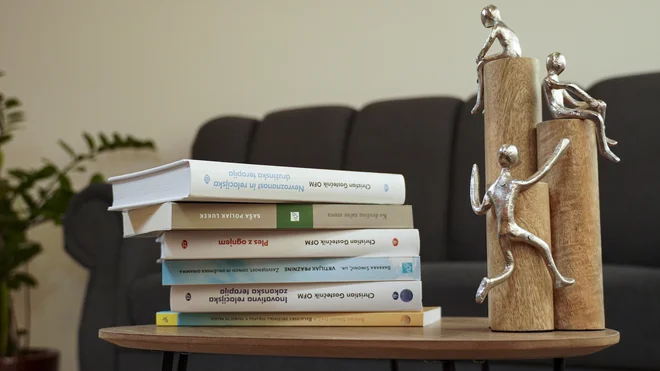
Photo: Katja Božnik
Studies are based on systemic theory and neuroscience and psychoanalytic understanding of the human internal structure. Of course, this was significantly aided by the connection with the Faculty of Medicine, especially the Department of Psychiatry – From there, our lecturers are in the first level and specialization. With modern insights from neuroscience, we have upgraded our therapeutic knowledge and developed an approach, which also includes a neuroscientific view of human development, the functioning of trauma, and it is a universal scientific professional search for the unconscious in the individual. It is precisely this connection between relational psychoanalysis and contemporary systemic theory that is also the foundation of our integrative model.
« The model of relational family therapy we have developed is also internationally recognized – it is completely in line with contemporary trends recognized by the US Federation for Marriage and Family Therapy (AAMFF), and in 2010 it also received the 2. Award at the Innovation Forum. »
How would you evaluate the state of psychotherapy in Slovenia two decades ago and today?
Psychotherapy has evolved greatly. The market is also increasingly hungry, thirsty and happy today, and needs scientifically grounded, professional psychotherapy, and I can say that we are completely without any competition in this field. The need for psychotherapists is increasing. I believe that all therapists of different directions and approaches strive to do their best. However, I can say with certainty that ours have evolved so much over the years that it is internationally recognized and scientifically confirmed today, is implemented at the University of Ljubljana, that is, it is a university program, at all study levels, and there is no doubt that we have been strongly scientifically and professionally progressed in the last twenty years.
Where do you think are the biggest shifts – at the level of education, public recognition?
The biggest shifts happened right in the scientific and professional field. We have not only established ourselves at the university, but our programs are professionally confirmed and internationally recognized. We meet all the strict criteria required by European and US professional organizations, and we ourselves take care of the quality of the profession at home.
There is nothing more important to me than that. Our students are not only future therapists, but they are also scientists and researchers, as we closely monitor their studies and their work – they progress under careful professional supervision and supervision. This ensures that we can really help people in a safe and professional way.
« Psychotherapy is not magic or divination, but a well -founded professional approach based on science and proven methods. »
Why is it important for psychotherapy education to develop within the academic space?
It is very important that we have scientific-professional controls that ensure that only what is scientific-professional and accredited and confirmed. These are basic conditions, namely that study and subsequent therapeutic work is based on professionalism and science. I do not want to blame anyone, as everyone is trying to work their best. But if we are prepared to implement and accredit study programs at the university and at NAKVIS, then this means that strict standards are met, ensuring a high level of scientific and professional quality. This is the most important for me. It is therefore important that the scientific method is verifiable.

Photo: Depositphotos
What is the role of ethics and spirituality in therapeutic education?
Spirituality is something that people can integrate into their lives independently of personal beliefs, resources or approaches to creation, man and human soul. But when we talk about relationships, the spiritual aspect helps us to surpass only « me and you », and enter into a deeper, mutual contact. Spirituality can thus be part of an individual’s private ethics, Ethics, however, are a necessary professional framework in the therapeutic work. Professional ethics, standards and rules are a foundation without which a therapist cannot function. Ethics codes known by both European and international professional organizations are crucial and must be consistently taken into account. Each area of treatment or assistance, regardless of approach, must have its ethical guidelines to be respected. These guidelines are unconditional and inevitable for quality and responsible work.
How do you evaluate the law on psychotherapy activity?
For now, we are not yet quite sure what this bill should contain at all. In my opinion, it is crucial to establish a chamber. That when the law is passed, it will be clearly determined who and what is doing and what the powers are. The Chamber will be the institution that will have to establish a basic regulatory system, set criteria and determine who qualifies and who does not. The law is, of course, a necessary basis that will allow all this, but the Chamber will be the one that will specifically determine what and how.

Photo: Depositphotos
What is your vision for the development of psychotherapy in Slovenia, that is, in the next ten years?
I repeat again, our goal is to first accredit approaches and then develop them scientifically and professionally, through research. When I started working as a therapist in Slovenia, this was first in Slovenia, almost not to say strange, but today there is a lot of demand – people are hungry and thirsty quality psychotherapy. Every day we are looking at more and more Slovenian families with many challenges; From problems with children, adolescents, traumas that manifest in relationships, problems in parenting to intergenerational patterns and addiction – from alcoholism to Internet and other areas, intergenerational trauma, conflicting relationships in families, education and education, in short, a lot of directions that we cannot yet completely evaluate.. At the same time, there are people with deep psychiatric disorders. Many people not only need medicalosis treatment, but help solve problems, such as marriage conflicts or personal relationships, both in the family, partnership and outside in the social environment.
Often, they just want to sit down, talk and find solutions together. They want someone to hear, will be compassionate, empathetic, understanding, helping them understand why conflicts occur, and can really feel them in their deepest dimensions and give them new lessons and new experiences that really heal. This is where psychotherapy comes to the fore and the best is professional, approaching man in a scientifically grounded manner. But most importantly, as they say, are empathy and new experiences that individuals and families get in therapeutic hours and can then translate them into everyday life. In short, healthy and compassionate relationships are what is healthy.
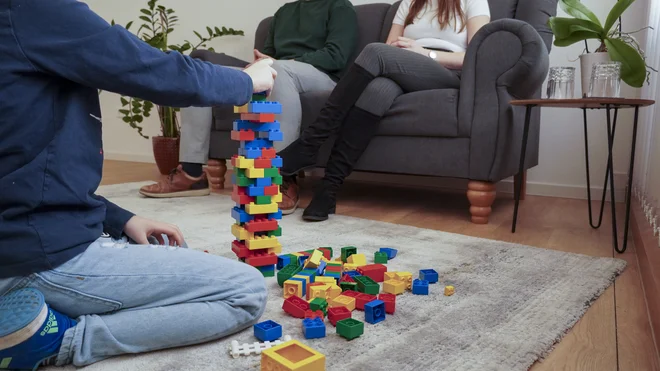
Photo: Katja Božnik
So what role should universities, professional associations and the state play in this?
The state should confirm what the profession and science have come to light, especially in accredited programs and institutions at universities. This is the foundation of everything. It is for this reason that we have research institutions where science is evolving, and the state should be the one who officially confirms and enforces these achievements. When we entered the European space, it became even more important that all programs and approaches are confirmed at the university level, where the scientific community really checks and confirms quality. This is essential, because without a verifiable system, there is a risk that anyone is doing anything that can lead to many abuses. Therefore, there must be a strict regulation that provides professionalism and security.
What would you like to convey to young therapists entering this profession?
It is one of the most challenging and challenging professions of modern times. It is very dynamic, full of different situations that require exceptional sensitivity, deep intuition and personal maturity. But it is important that students are already available primarily those programs that are scientifically and professionally verified. Along the way, individuals will experience their personal growth, which will allow them to help others grow with maturity.
Client of advertising content is the Faculty of Theology





